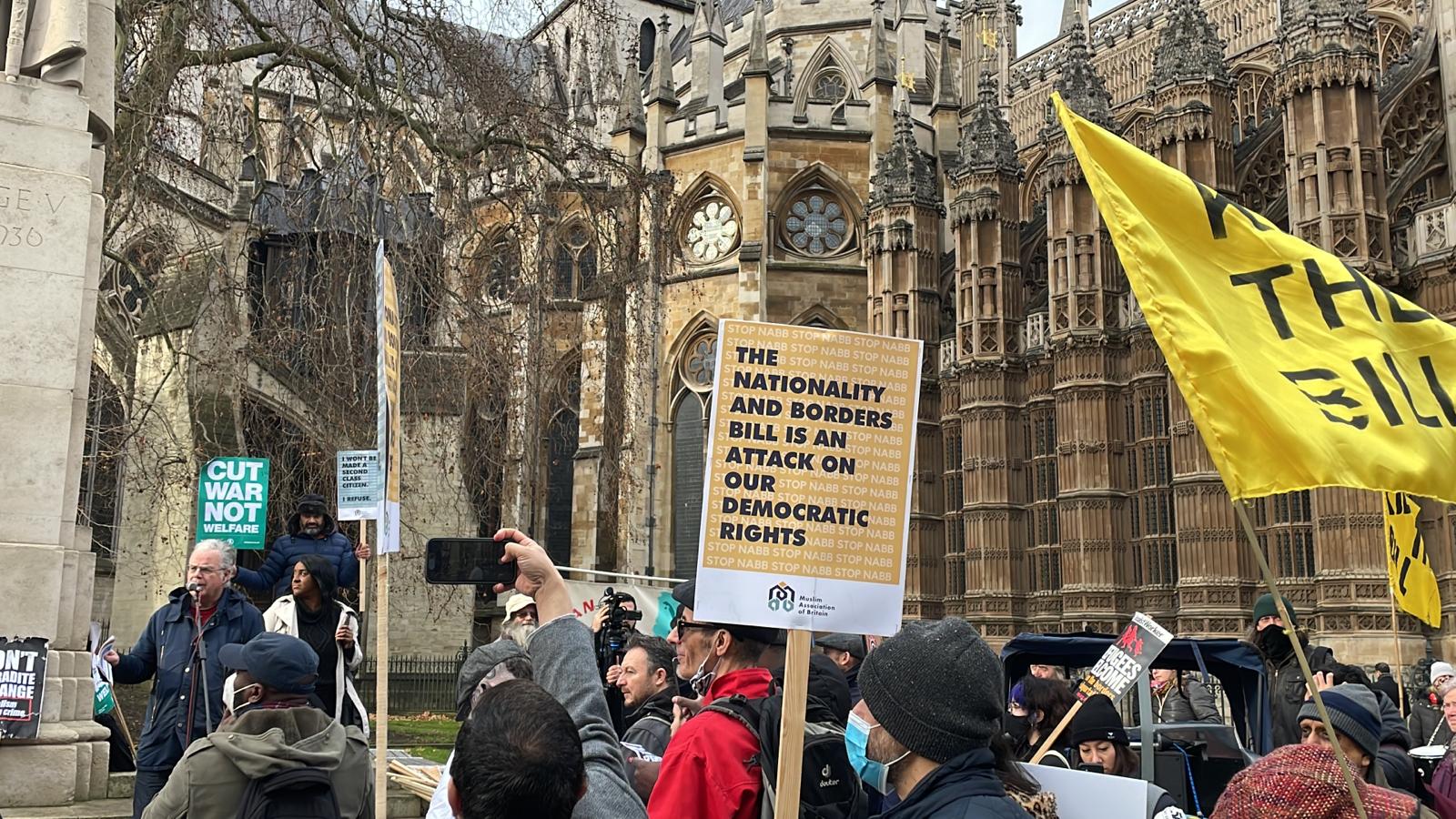Part 5 of the Nationality and Borders Bill, currently in the Lords, is a cluster of changes that would restrict access to modern slavery support. Among the changes are sweeping new powers allowing government to issue survivors of slavery with ‘deadlines’ by which time all evidence in a case must be submitted.
If victims provide evidence after the ‘trauma deadline’ (called a ‘Trafficking Information Notice’), decision makers and judges would be asked to factor ‘lateness’ into their decision rather than make a decision based on merit alone.
In simple terms, survivors of severe abuse and exploitation could miss out on support simply for the time it takes to share what has happened to them.
Lily*, a survivor of modern slavery, told me that recovery doesn’t always follow a ‘convenient timeline’.
After being subjected to sexual and criminal exploitation for 10 years, Lily needed time to make sense of what she had experienced. “I did not recognise myself as a victim of slavery because I’d been brainwashed for a decade. When it’s been your life for so long… you just accept it,” she said. “It wasn’t until professionals started working with me and I built up a rapport with them that I fully disclosed what was going on… and that took months.”
Even under the current system, survivors of slavery face a lottery of support. Last year, 79 per cent of requests for modern slavery support were either completely or partially rejected by the Home Office.





